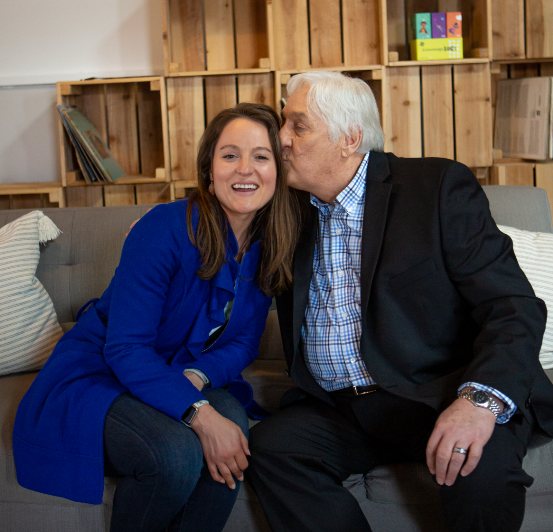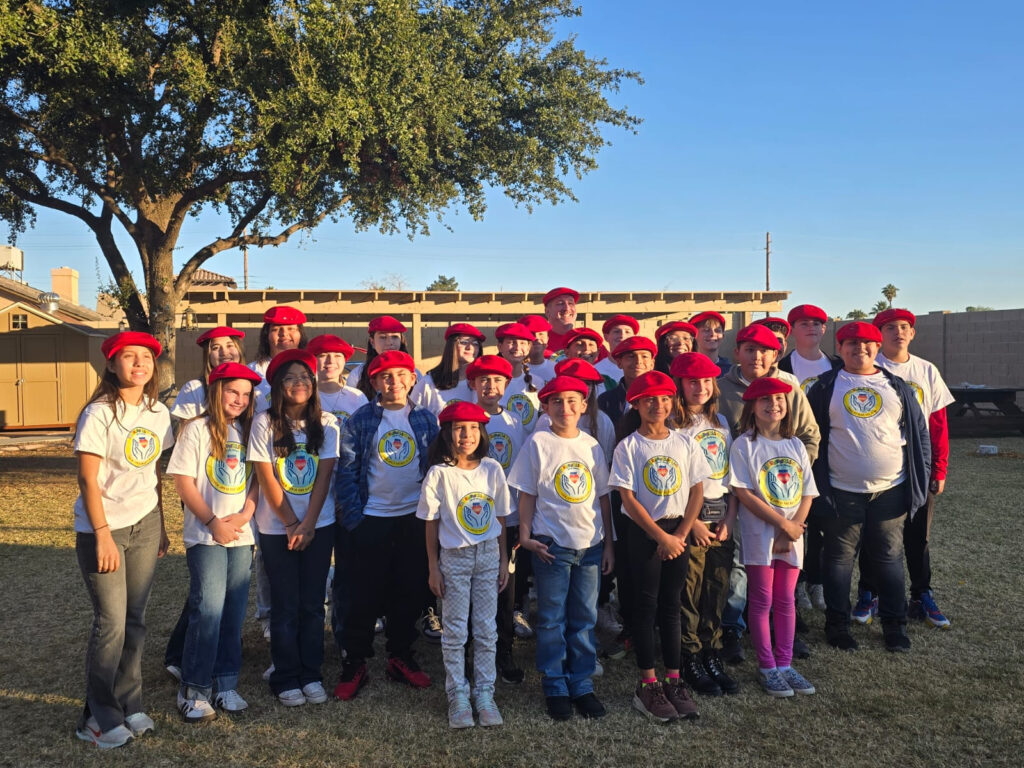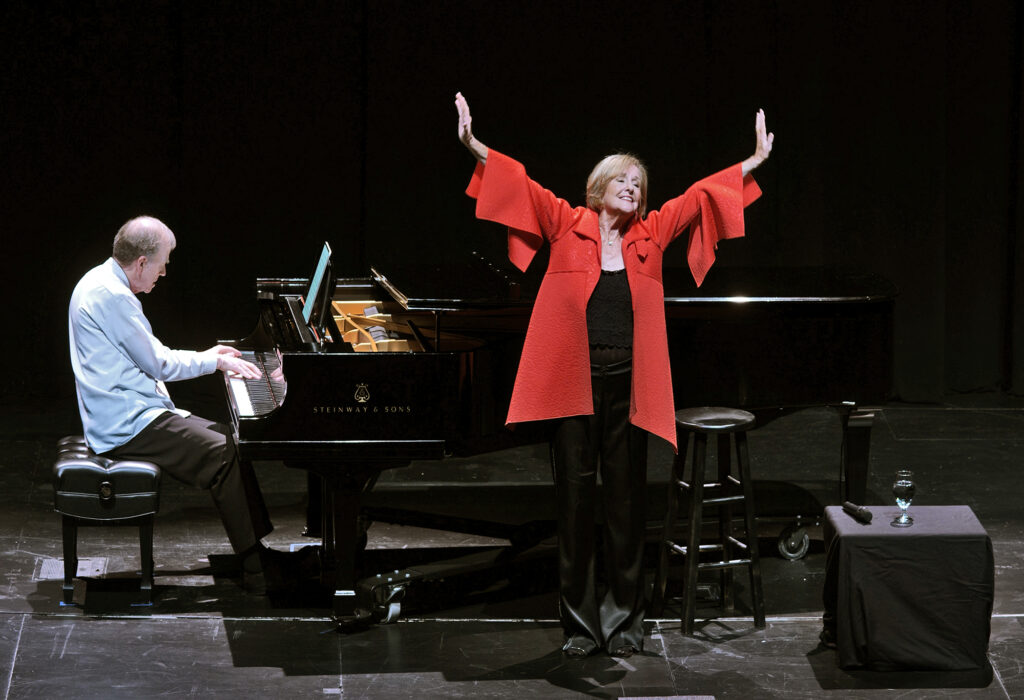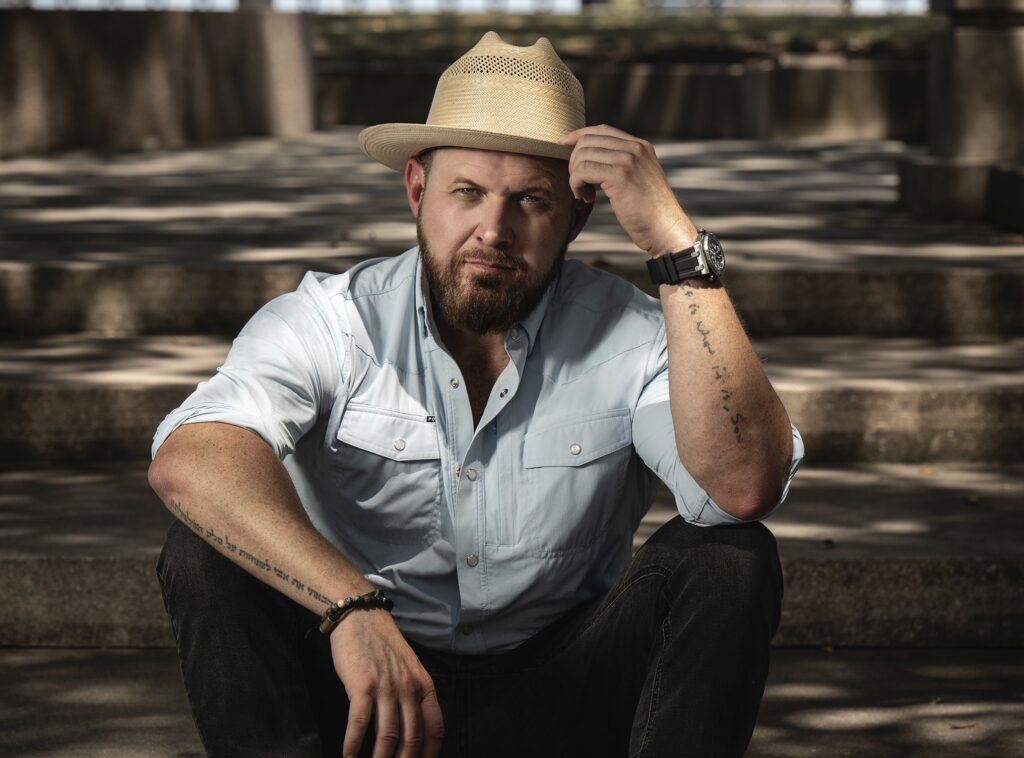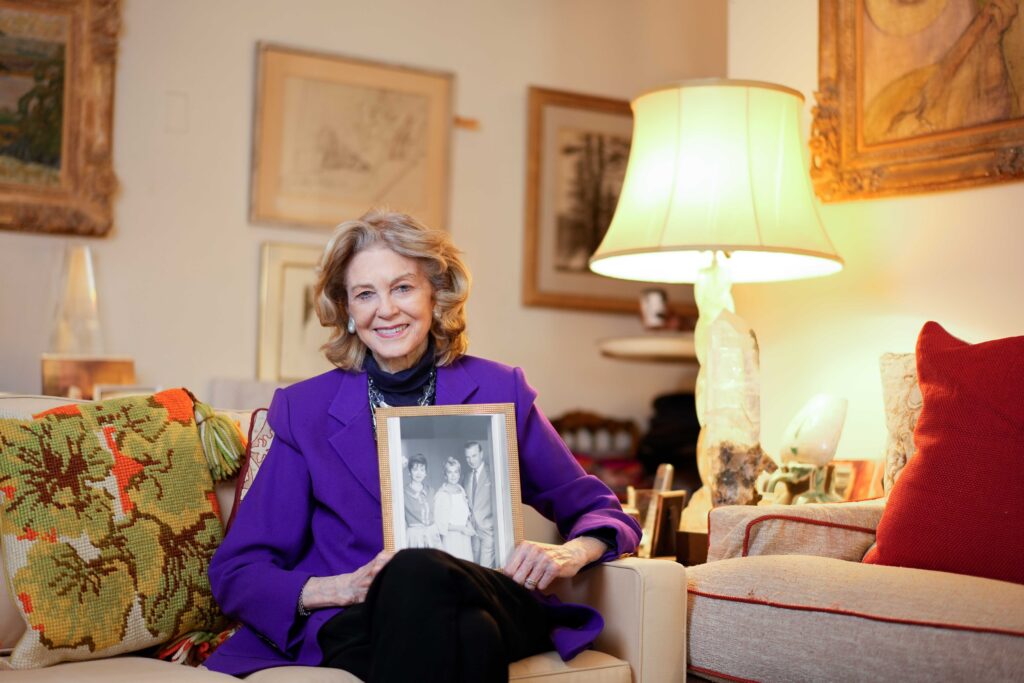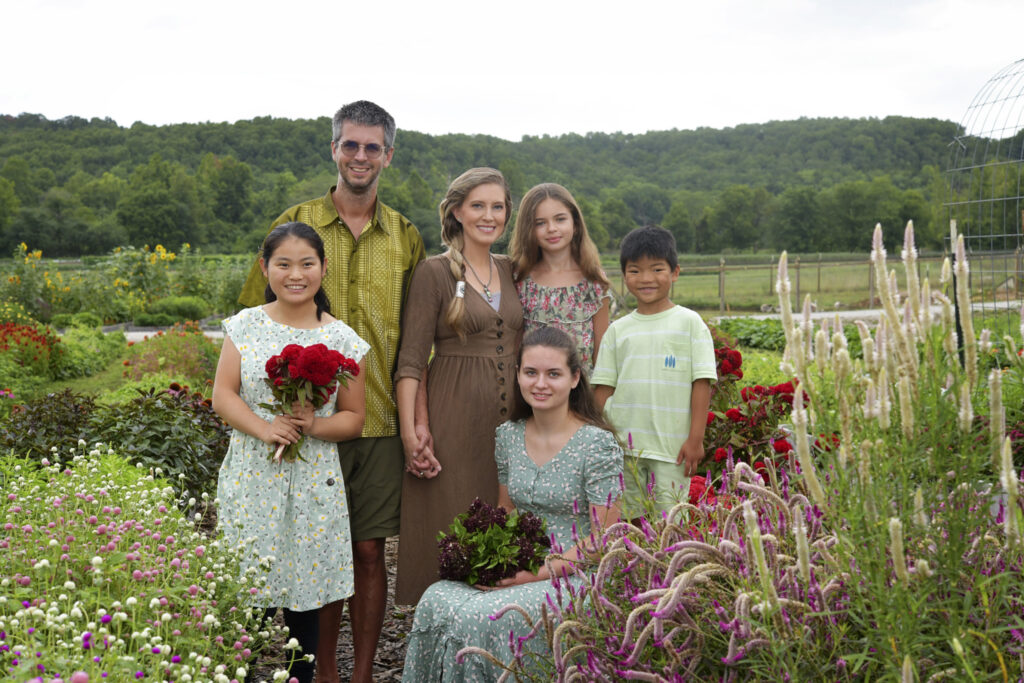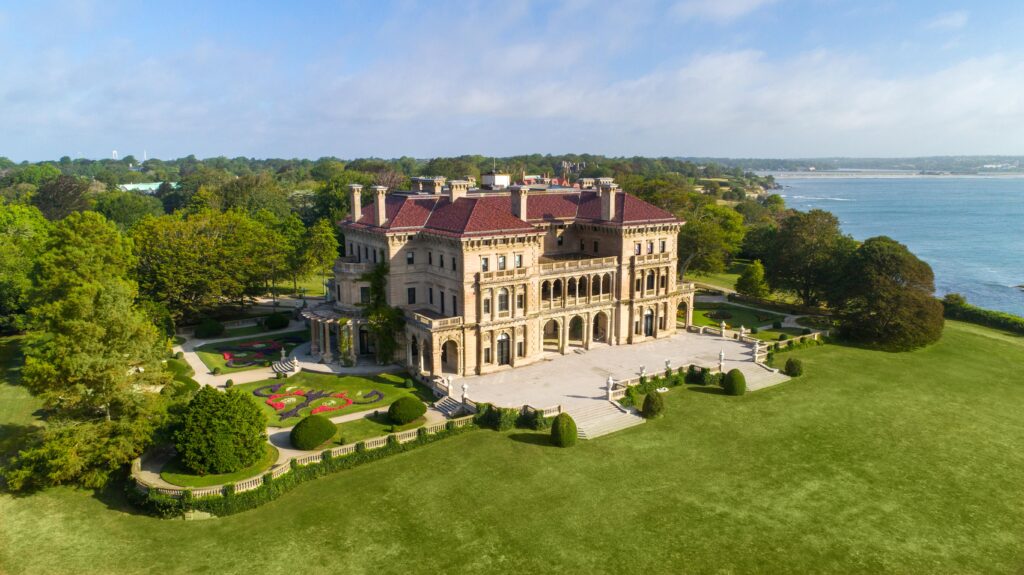Joe Beam gave a talk recently in Texas; afterward, a family came up to greet him, their young daughter shyly offering up her comments as well. Partially hard of hearing, Beam crouched down and asked her to repeat herself.
“Thank you for saving my family,” she told Beam.
Since 1999, Beam has hosted marriage crisis workshops, which couples sometimes tell him are “the best-kept secret in America.” But the path to saving marriages—which takes him all around the world, nowadays—began with his own divorce.
Twice Married
Before Beam founded various organizations including Marriage Helper, he was working in corporate America and running workshops on relationship-related topics. His own marriage was in rocky waters, having reached a point where he was vilifying his wife, he said, and the relationship was cold. When the couple divorced, Beam thought he would end up living happily ever after and marrying another woman with whom he’d fallen in love—that didn’t pan out.
But after three years of Beam visiting every weekend to see their two daughters, Beam and his wife Alice became friends again. They were able to spend time together without arguing, and they rebuilt their relationship.
“I came back and asked my wife if she would be willing to take me back and marry me again,” Beam said. Of course, she had to think about it. She also asked everyone around her for their advice.
“And everybody, everybody she talked to told her not to marry me again, that she can never trust me again,” Beam said.
“Contrary to their advice, she decided that she would marry me a second time,” he said. “That was 1987.”
It wasn’t smooth sailing just because they had made up. They argued a lot, having not yet worked on the issues that festered in their first marriage, and both were in need of healing. Alice sought out a counselor, and Beam says he healed through helping others.
“We began to have heartfelt, open and transparent, honest conversations,” Beam said. “Eventually, Alice became my best friend, and to this day she is my best friend.”
And through that union, they had their daughter Kimberly.
Hope’s Not Lost
Kimberly Holmes has never known her parents to be apart.
“I owe my life to two people who decided to do the right thing, who decided to put their marriage back together and to make it work. Otherwise, I would not exist,” Holmes said. She knows this not least of all because her experience of having always known loving parents is a departure from the experience, and trauma, that her two older sisters had growing up through their parents’ divorce, which remarriage doesn’t just erase.
“I’ve seen them [my parents] fight, but I’ve seen them work it out. I’ve watched them live and model a great marriage. And it has affected me in amazingly positive ways in my life,” said Holmes, who is now CEO of Marriage Helper. In her five-year tenure, she has greatly expanded the organization’s reach, helping couples in crisis as well as couples who just want to learn. It’s work she describes as “purpose-filled,” because she has seen that the workshops don’t just provide effective education—they give people hope.
Marriage Helper has received countless relationship questions from all around the world: My spouse says terrible things about me, will he or she ever see me in a positive light? How do I forgive my spouse for cheating on me? Can I ever trust my spouse again?
But the most common question is simple: Is there hope for me and my situation?
“And our answer to that is yes,” Holmes said.
She answers confidently because she’s seen the amazing transformations that happen. People are reminded up front that there’s no guarantee any given marriage will be saved (about three of every four couples attending the workshops see success), but the tools and ideas learned in the workshops do promise to change and improve personal relationships regardless.
Three-Day Workshops
After completing a bachelor’s degree in psychology, Holmes had neither a specific career in mind nor a thought of joining the “family business,” but continued graduate studies in marriage and family therapy with the heart to help people.
In her schooling, she experienced firsthand what working with couples one-on-one is like, how slow the progress is, and how frustrating it can be.
But at the same time, Holmes started working part-time for Marriage Helper on the side, and once a month she would help out with the workshops.
“And I would see amazing progress that would happen in these couples, in only three days,” Holmes said. “It was during that time that I realized this is what I want to do. I want to help marriages be saved, families be strong.”
The workshops are unique in the relationship counseling world. For one thing, dozens of people gather in each session (through video conferences as well). Days before holding a pair of weekend workshops for 45 couples from across the globe, Beam elaborated further.
Based on his experience in the corporate world, Beam took the “three-day workshop” and applied it to marriage counseling. In his quest to repair his own marriage and then help others, Beam had read countless books and earned a doctorate. Now an expert at taking complex psychological principles and simplifying them, making them easy to understand at a deep level, he’s often invited to counseling centers to teach their counselors to do the same.
He helps people to understand how their behavior affects others, how to recognize their own unacknowledged harmful actions, how to deal with anger, and how to forgive (including a how-to-reconcile process). He also walks people through the process of what happens when we fall in love, and decodes other deep insights in a simple but enlightening manner.
Over the years, Beam has worked with a diverse range of couples and seen a wide variety of problems. When he talks to people, none of it is theory. He can talk about real experiences and real marriages that fell apart or were salvaged. Experience means Beam has seen it all, and he doesn’t judge. Everyone is treated with respect and dignity regardless of individual situations, and the workshops, like Beam, are very positive.
The vast majority of couples attending the workshops include one spouse who wants out, and is only present because of the promise that divorce papers will be signed afterward.
“Basically, on the first day, they’re not talking to each other. They’re kind of pushing their chairs apart. Some of them are scowling,” Beam said. “By the end of the first day, at least they’ve calmed down.
“Then the second day, they actually start talking to people and start loosening up.
“And then the third day—it’s amazing to see the transformation—on the third day, we have trouble keeping them quiet so we can actually teach! Because they’re all interacting with each other, encouraging each other.”
Not everyone, of course. Not all the couples stay together, but around seven out of ten do.
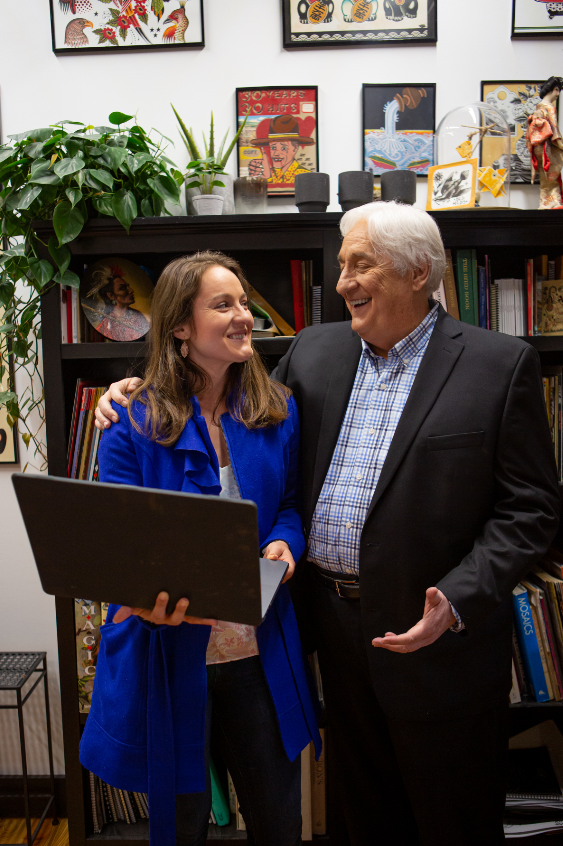
Best Kept Secret
That 70-some-percent success rate raises some eyebrows, so Beam says that over the years Marriage Helper has invited many psychiatrists, counselors, and therapists to join the three-day workshops and see for themselves. They join thinking, “This is crazy,” but leave saying that the methods and results are valid.
“This is the 22nd year so far,” Beam said. “Every one of them sends couples to us now.”
Leaving inspired on the third day isn’t enough; couples have to be willing to put into practice all they have learned, for there to be real and lasting change. Marriage Helper isn’t there to twist people’s arms and convince them to stay married; instead, couples are given the tools needed to make their relationships work. Even couples who don’t stay together recommend the workshops—the principles can apply to any relationship.
As a teacher who intervenes in the middle of things, Beam doesn’t always know the outcomes. But sometimes couples find him—even years later, even couples from 1999—and share incredible stories.
A minister acquaintance of Beam’s recently remarried a couple that had divorced five years prior and made up after attending one of the workshops.
Another couple attended one of the workshops about 10 years ago, but ended up divorcing later on. The woman recently contacted Marriage Helper to say that she and her ex-husband started dating again after six years of divorce, and were contemplating marriage. They wanted to attend another workshop, to see if they could really make things work.
Many couples that finish the workshops say their children should, once engaged, also attend, so they can build strong relationships from the start. The workshops fill up weeks in advance.
“We love to have engaged couples,” Beam said. “We figure it’s the best premarital education in America, or the world, because not only do they learn all these fascinating, very powerful principles about relationships, but they’re in a room full of people who’ve messed it up. So we’re not giving you theory, we’re showing you real-world stuff.”
Holmes hears many people call it a last resort, saying if anything works, this will. And she believes it does work, wholeheartedly. The Marriage Helper team believes strongly in the mission to create strong marriages, she said, and that drives everything they do. “We never stop being passionate about doing this,” Holmes said.
“I give God credit for all of that, because I’m just not that smart,” Beam said. “It’s just absolutely exhilarating to hear how it worked. But when you’re working with them and they’re in pain, it’s absolutely painful. We hurt when we heal these couples. We feel their pain and it gets to us. But then we hear the stories afterward, of how they got through this and got through that, and it’s just amazing and unbelievable—I can’t believe God chose us to do this.”

